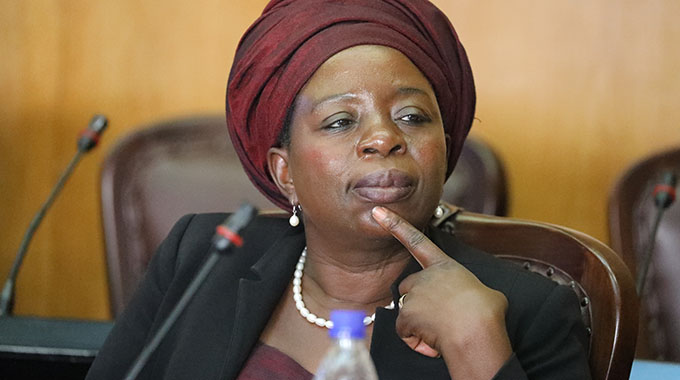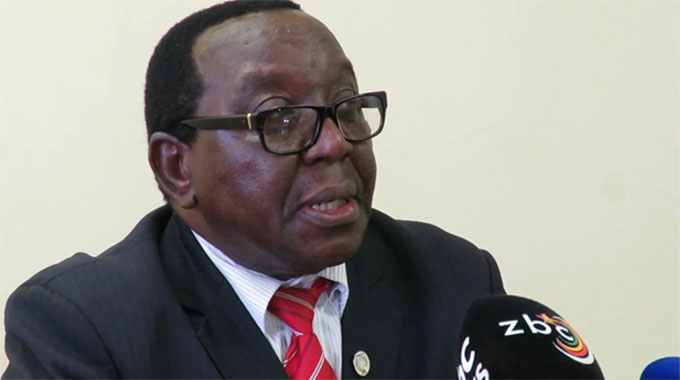TNF holds inaugural indaba

Herald Reporter
THE Tripartite Negotiation Forum (TNF) yesterday held its inaugural meeting since President Mnangagwa promulgated the social dialogue law and deliberated on the need to come up with sector specific proposals.
The TNF is a platform that brings together Government, business and labour to discuss challenges affecting the country.
Early this month, President Mnangagwa launched the Tripartite Negotiating Forum Act which resulted in the establishment of the Tripartite Negotiating Forum, where Government would engage the social partners to discuss issues bedevilling the economy such as price increases and labour remuneration.
The meeting was attended by Public Service, Labour and Social Welfare Minister Dr Sekai Nzenza, Employers’ Confederation of Zimbabwe (Emcoz) acting president Dr Israel Murefu, Zimbabwe Congress of Trade Unions president Mr Peter Mutasa, Apex chairperson Mrs Cecilia Alexander and Zimbabwe Federation of Trade Unions secretary-general Mr Kennias Shamuyarira.
Deputy Minister of Lands, Agriculture, Water, Climate and Rural Resettlement Vangelis Haritatos and Mines and Mining Development Deputy Minister Cde Polite Kambamura also attended the meeting.
Addressing a press conference, Minister Nzenza said they held the inaugural meeting and agreed to mandate the Technical Committee of the TNF to come up with concrete proposals on various issues.
These issues are; prices and income stabilisation, measures to promote economic viability, measures to build trust and shared vision, and operationalisation of the Tripartite Negotiating Forum Act.
Deputy Chief Secretary in the Office of the President and Cabinet Ambassador Nicholas Kitikiti chairs the TNF’s Technical Committee.
“Therefore the partners resolved that the agreed issues should be deliberated by the clusters of the Technical Committee and be brought to the attention of the main TNF at the conclusion of the technical work,” Minister Nzenza said.
She added, “Concern was raised on the consultative process leading to promulgation of SI 142 of 2019. It was resolved that a proposal be made to Cabinet to consider withdrawal or review of the statutory instrument with inputs from social partners. Going forward it was agreed that social and economic policy proposals be discussed at TNF before pronunciation.”
On Monday, Government outlawed the use of multiple currencies through new regulations that compel all forms of transacting to be done in local currency, now formally known as Zimbabwe dollar.
Through Statutory Instrument (SI) 142 of 2019, known as Reserve Bank of Zimbabwe (Legal Tender) Regulations, the Government abolished the use of British pound, United States dollar, South African rand, Botswana pula and any other foreign currencies, as legal tender.
Mr Mutasa said labour has many avenues of representing their members and one of them was yesterday’s meeting.
“One of the avenues is what we are doing here negotiating sincerely with Government. In any situation we will not get out from negotiation and we will continue to negotiate to find solutions for the workers,” he said.
He, however, said they will also continue to use all the other avenues that are lawful and legal, as the Constitution allows them to strike, to demonstrate and to petition Government in terms of the law.
However, Dr Nzenza said, “The Government respects the freedom of association which is the freedom and the rights of Trade Unions, but at the same time the Government also respects the rule of law so we always work together to ensure that we are trading carefully and that neither one of us is breaking the law.”
Early this month, President Mnangagwa slammed the culture of violence and demonstrations by workers, saying that must never be used in the Second Republic as they worsen economic challenges facing the country and provide a fertile ground for conflict.










Comments